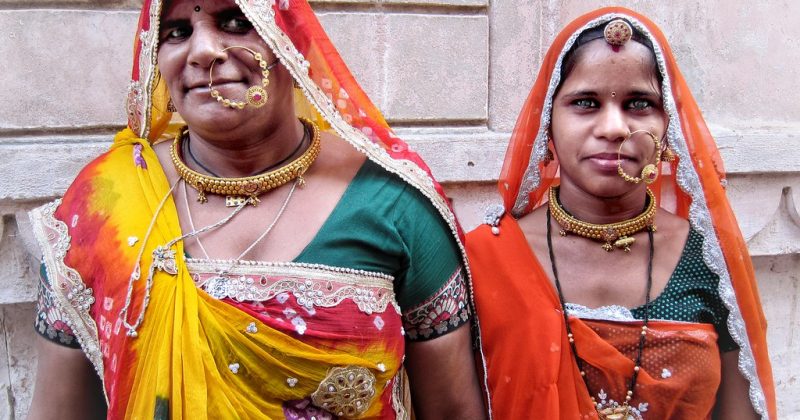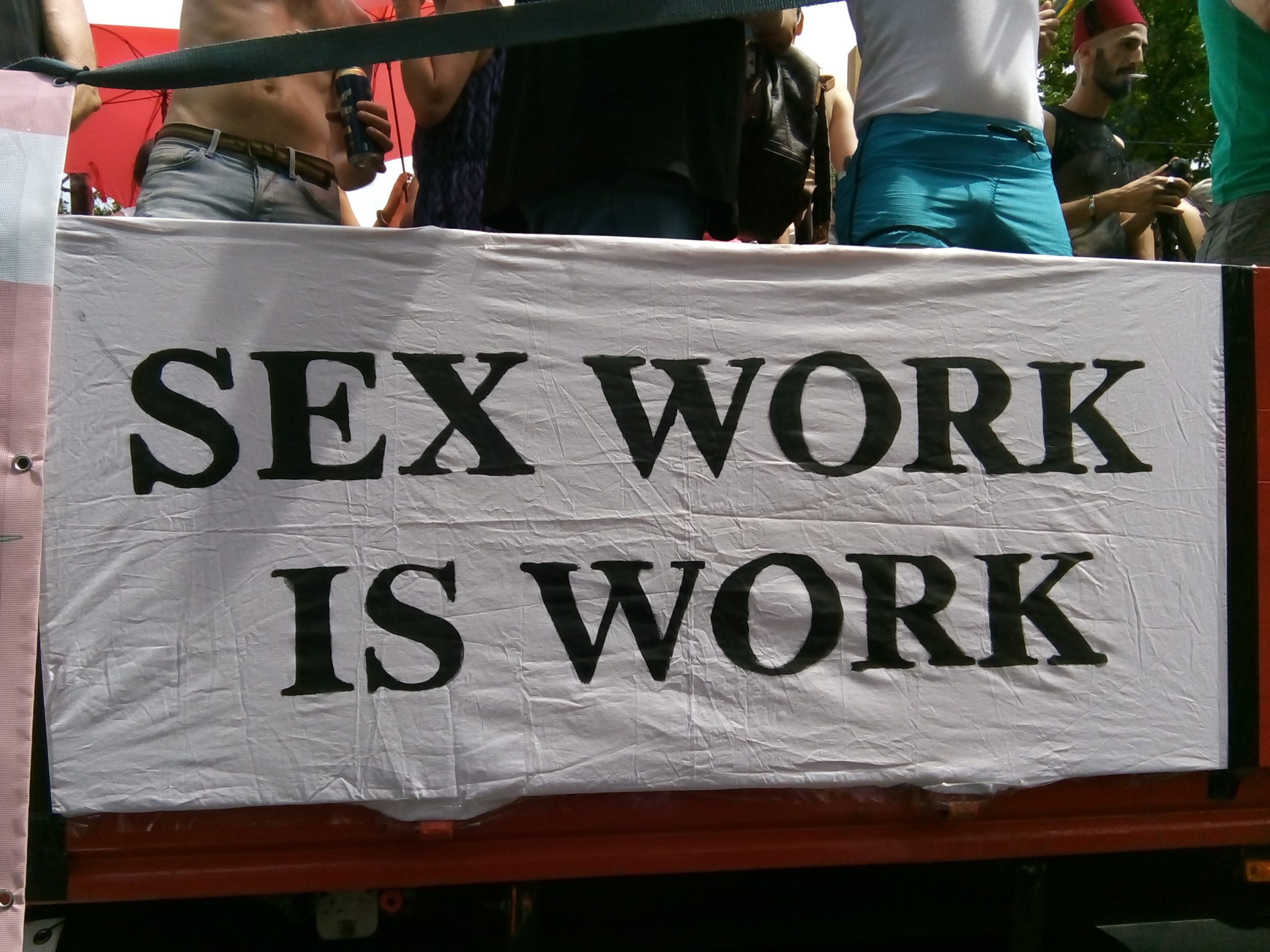
A Glance at the Life of Sex Workers in India
By guest contributors Kanika Chugh* and Srishti Ray*
With the advent of COVID-19 we all turned to the safety of our homes and accepted the culture of work from home, but the daily wagers of the informal sector didn’t have that choice and were the worst hit. While the work for most of them resumed with several precautions once the lockdown ended, sex workers in Red Light Areas are still struggling to get their lives back on track.
On March 26, 2020 government of India announced Rs.1.7 lakh crore as a relief fund for migrant workers, rural and urban poor, and frontline health workers. There are over 800,000 sex workers in India who could not avail that benefit because sex work is not recognised as legitimate work in India. National Human Rights Commission (NHRC) on October 7, 2020, issued an advisory requesting that states recognise sex workers as informal workers for protection of their rights in the wake of COVID-19, but it...


